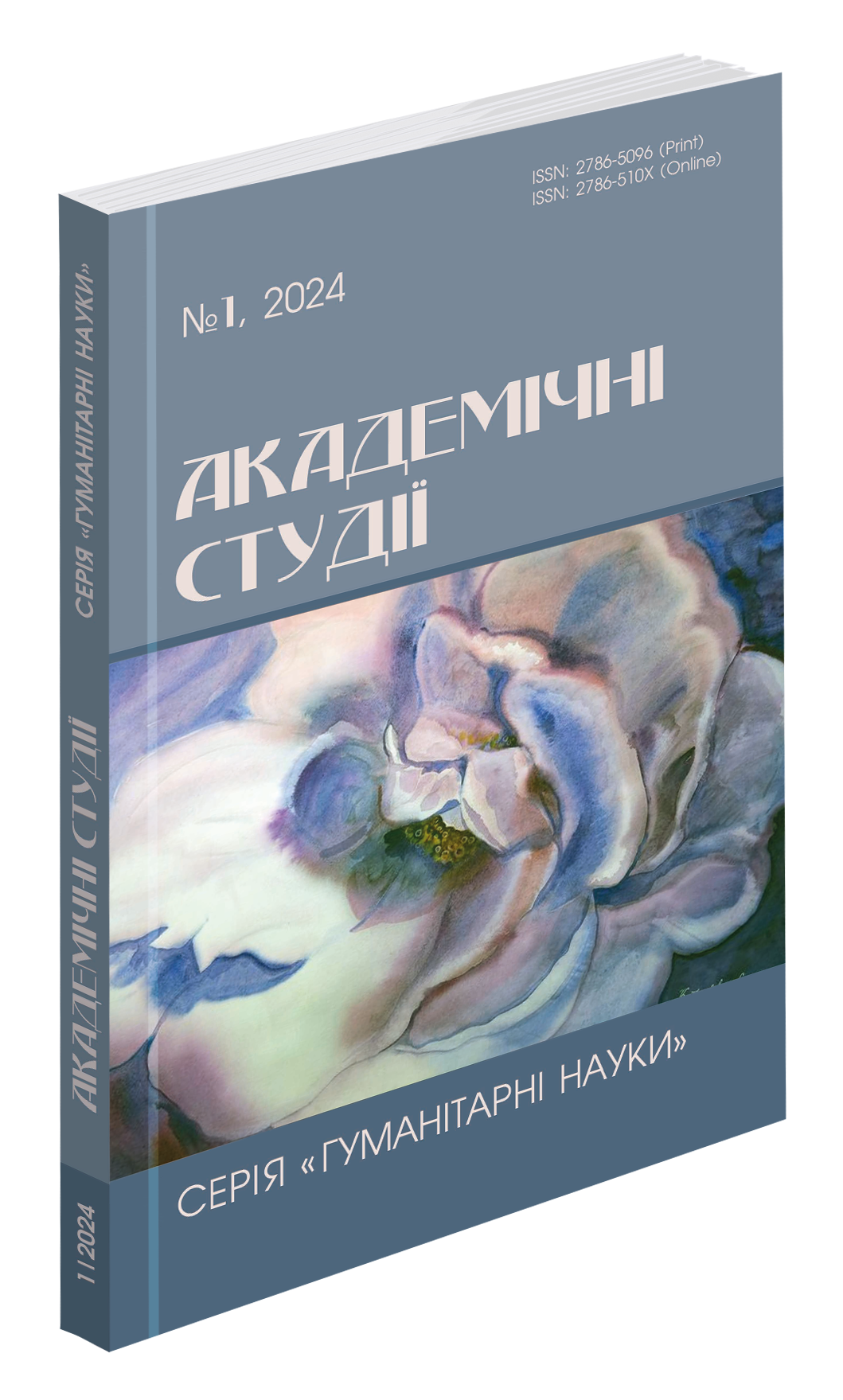Abstract
Іn order to fully comprehend the experience of the Second World War, a new – female – perspective is introduced into the Polish public discourse about the war. Historical events in works by women are conveyed through the prism of individual memory, family stories, and the experience of individual characters in extraordinary historical circumstances. A prominent place in the novels is given to the problem of overcoming long-standing complexes through talking about and reinterpreting traumatic experiences, as well as constructing the hybrid identity of women victims and witnesses of crimes. Literary criticism highlights the features of women’s writing: gender-marked language, increased attention to physicality, strong emotionality in the description of intimate feelings. The article analyzes the gender aspects of the representation of the historical memory of the Second World War victims in the novel by Zyta Rudzka, who is one of the first writers in Polish literature to thematize women’s traumatic experience. In the image of the main character of the novel, Mrs. Chekhna, who during the German occupation was a young girl in the Auschwitz concentration camp, where she became the object of pseudo-scientific experiments by the sadistic Nazi doctor Josef Mengele, the author subtly conveys the psychology of female victims of violence, investigates the manifestations of post-traumatic syndrome in their lives and communication with others. The writer convincingly shows that the trauma experienced leaves an indelible mark on the psyche of victims of violence, determining their conscious and subconscious reactions to certain triggers and their behavior and lifestyle. The writer conveys Mrs. Chekhna’s traumatic memory through corporeality, intimate feelings, which is one of the characteristic features of women’s writing. In the novel, corporeality acts as a code of memory through which the misanthropic essence of the Nazi regime, which degrades human dignity, is transmitted to subsequent generations.
References
Башкирова О. Гендерні художні моделі сучасної української романістики : дис. … д-ра філол. наук. Київ, 2019. 464 с.
Крупка М. Гендерний вимір тоталітарного насильства у сучасній жіночій прозі. Гендерна проблематика та антропологічні горизонти. Острог, 2012. С. 54–66.
Луцишина О. Жінка в Берліні. Жінка в підвалі. Жінка у своєму домі. Жінка в Берліні. Київ, 2019. С. 5–13.
Boczkowska M. Eskapada z muzeum prozy. O twórczości Zyty Rudzkiej. Skład osobowy. Szkice o prozaikach współczesnych / red.: A. Nęcka, D. Nowacki, J. Pasterska. Katowice, 2014. T. 1. S. 383–394.
Budzik J. Między wojenną historią a kobiecą perspektywą. Polonistyka. Innowacje. 2016. Nr 3. S. 185–191.
Cixous Н. Le Rire de la Méduse et autres ironies. 2006. 197 p.
Garncarz U. Ślicznotka Doktora Josefa – recenzja książki Zyty Rudzkiej – Co Przeczytać. Co Przeczytać. URL: http://surl.li/qznin
Koper B. Starość Zagłady – na przykładzie Ślicznotki doktora Josefa Zyty Rudzkiej. Ślady II wojny światowej i Zagłady w najnowszej literaturze polskiej / red.: B. Sienkiewicz, S. Karolak. Poznań, 2016. S. 317–334.
Ubertowska A. Archeologie pamięci. Wspołczesne kobiece narracje o wojnie. Wojna i postpamięć / red.: Z. Majchrowski, W. Owczarski. Gdańsk, 2011. S. 187–198.
Zielińska M. Wojna, trauma i kultura. Teksty Drugie. 2018. Nr 4. S. 7–11.
Zyta Rudzka. Instytut Książki. URL: http://surl.li/qznit
Żórawska N. „Czy mogę o sobie powiedzieć: jestem Żydówką?”. O „Rodzinnej historii lęku” Agaty Tuszyńskiej. Czytanie Literatury. Łódzkie Studia Literaturoznawcze. 2015. T. 4. S. 61–75.
Woman and Men at War: A Gender Perspective on World War II and its Aftermathin Central Eastern Europe / ed. by M. Röger, R. Leiserowitz. Osnabrück, 2012. 342 p.

